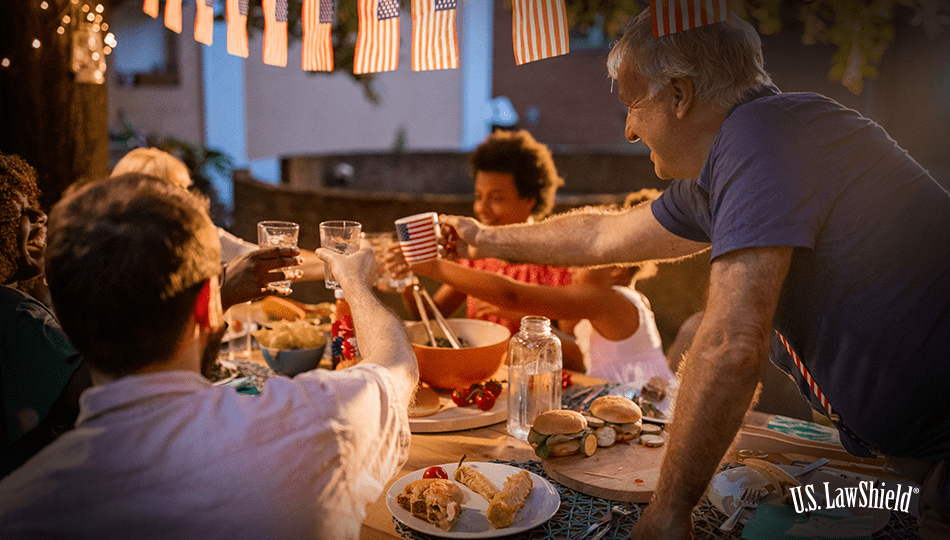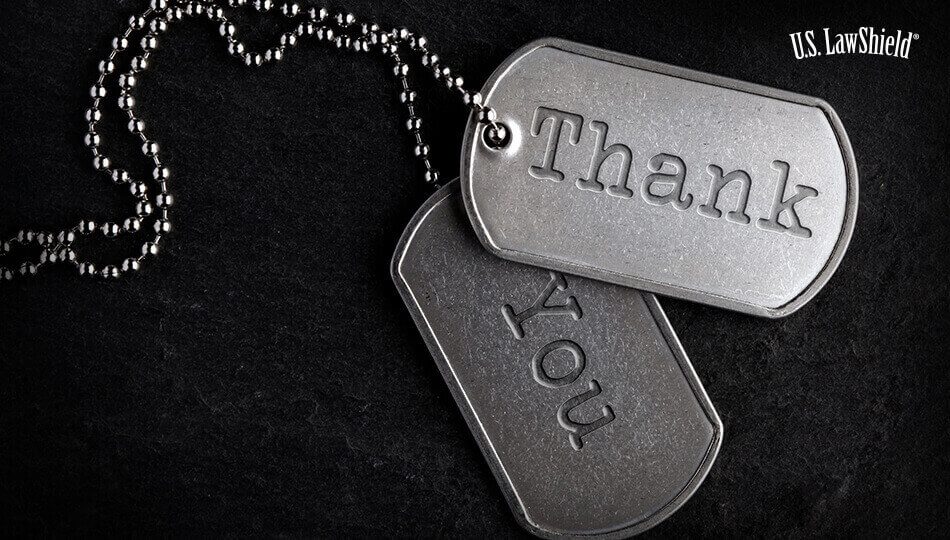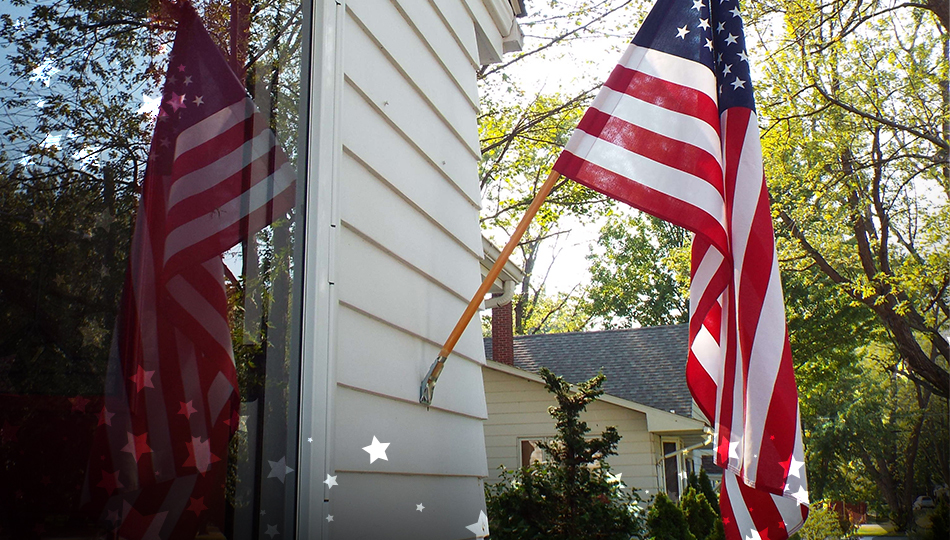
The Fourth of July is a significant occasion in American history. Today it is often a celebration marked by festivals, fireworks displays, and gatherings of friends and loved ones. Most people have a basic understanding of the story behind the Fourth of July, but there are some interesting details that are often overlooked.
The birth of a nation
The Fourth of July is the celebration of American independence, marking a pivotal moment in world history when the United States established itself as a free and autonomous nation. But to fully appreciate the significance of this day, we must journey back to the mid-18th century.
The story begins in the early 1760s when the thirteen original colonies in America were still under British rule. The seeds of discontent were planted by the imposition of what many colonists viewed as heavy taxes by the British government—without any representation of the colonies in British Parliament—a situation famously summed up by the rallying cry, “No taxation without representation!”
As resentment toward the British grew, delegates from twelve of the thirteen colonies convened the First Continental Congress in 1774 to articulate colonial grievances and coordinate responses. It was a significant first step, but the decisive moment came two years later with the Second Continental Congress.
On July 2, 1776, after more than a year of fighting, the Congress voted in favor of independence from British rule. The decision was formalized in the Declaration of Independence, primarily authored by Thomas Jefferson. Interestingly, the Declaration was not signed on July 4th, as commonly believed. Instead, it was officially adopted on that day, and most signatures were appended on August 2nd, 1776. Nevertheless, the Fourth of July became synonymous with American independence, and the day has been celebrated as such ever since.
The Fourth of July was not declared a federal holiday until June 28, 1870, nearly a century after the Declaration of Independence. Up until that point the day had been marked by informal celebrations, but the 1870 act provided federal recognition as a holiday. The act did not, however, grant paid leave for federal employees on that day. This benefit was introduced on June 29, 1938.
Celebrating safely
If you celebrate the Fourth of July, it’s important to remember to do so safely. Fireworks, barbecues, parades, and other activities—while fun and festive—can also present potential hazards. Here are some safety tips to ensure that your Fourth of July celebration is not only enjoyable but safe as well:
Fireworks
Fireworks are a quintessential part of Fourth of July celebrations. However, they can be dangerous if mishandled. If fireworks are legal in your state and you choose to use them, here is a non-exhaustive list of safety tips for their use:
- Never allow young children to handle fireworks without adult supervision.
- Never use fireworks while impaired.
- Only light one device at a time and maintain a safe distance after lighting.
- Do not hold fireworks in your hand after they have been lit.
- Never ignite devices in or near a container with other fireworks.
- Keep a fire extinguisher nearby whenever you are using fireworks.
Grilling
Barbecuing is a common Fourth of July pastime. Whether you're grilling burgers or smoking a rack of ribs, safety should always be the primary concern:
- Grill outdoors a safe distance away from any structures.
- Keep your grill stable and never move it once it’s lit.
- Keep a fire extinguisher nearby.
- Use long-handled tools made for cooking on the grill to keep the chef safe.
Sun and heat safety
The Fourth of July usually means time spent outside. It’s easy to forget some of the more mundane dangers, which is why it’s important to keep yourself safe from the sun and the heat.
- Apply sunscreen or wear clothes designed to protect your skin from harmful UV rays.
- Stay hydrated by drinking plenty of water.
- Whenever possible seek shade.
Firearms safety
While celebrating the Fourth of July and the freedoms afforded to us it’s important to remember to exercise our rights responsibly. Firearm safety is paramount on the Fourth and every other holiday.
- Never fire a gun into the air as part of your Fourth of July celebration.
- Obey local laws and ordinances regarding firearms and alcohol.
- Follow standard safety procedures if you plan on shooting recreationally.
The Fourth of July is a proud celebration of American history and identity. As we come together to commemorate the spirit of independence that shaped the nation, let’s do so with an understanding of the historical roots of this day and a commitment to ensure everyone’s safety during the celebrations.
The information provided in this publication is intended to provide general information to individuals and is not legal advice. The information included in this publication may not be quoted or referred to in any other publication without the prior written consent of U.S. LawShield, to be given or withheld at our discretion. The information is not a substitute for, and does not replace the advice or representation of a licensed attorney. We strive to ensure the information included in this publication is accurate and current, however, no claim is made to the accuracy of the information and we are not responsible for any consequences that may result from the use of information in this publication. The use of this publication does not create an attorney-client relationship between U.S. LawShield, any independent program attorney, and any individual.




